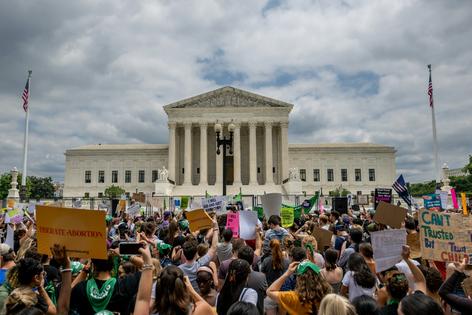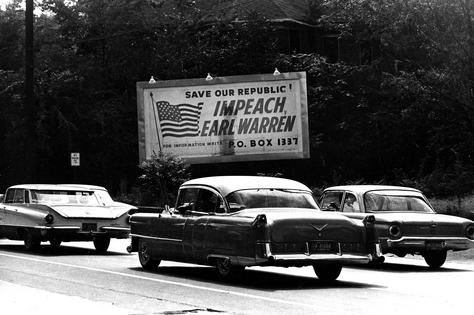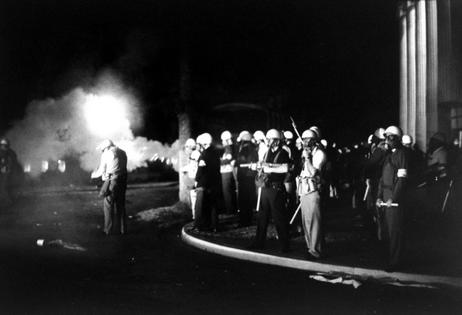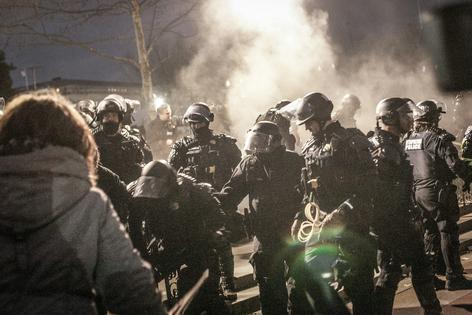Loss of Supreme Court legitimacy can lead to political violence
Published in News & Features
Americans are gearing up to celebrate the Fourth of July, and their thoughts are most likely on how many hot dogs to buy for the cookout and whether a family member needs to go stake out a good spot to watch the parade and fireworks.
While the holiday is focused on revelry, July Fourth actually commemorates a solemn moment in the country’s history, when it declared independence from the colonial power Great Britain. The institutions of government imagined by the founders and their successors over the following decades – among them the presidency, Congress, the departments of State and Treasury, the Supreme Court – have retained their authority and legitimacy for more than 200 years, weathering challenges from wars both internal and abroad and massive economic, political and social upheaval.
But now, the Supreme Court, in the wake of a series of highly controversial rulings and ethical questions about some justices, is experiencing historically low public standing. And that has prompted a national conversation about the court’s legitimacy. It’s even drawn rare public comment from three sitting Supreme Court justices.
What’s referred to by experts as the problem of “judicial legitimacy” may seem abstract, but the court’s faltering public support is about more than popularity.
Eroding legitimacy means that government officials and ordinary people become increasingly unlikely to accept public policies with which they disagree. And Americans need only look to the relatively recent past to understand the stakes of the court’s growing legitimacy problem.
The Supreme Court’s 1954 decision in Brown v. Board of Education shined a light on many white Americans’ tenuous loyalty to the authority of the federal judiciary.
In Brown, the court unanimously held that racial segregation in public education violates the equal protection clause of the 14th Amendment. The justices were abundantly aware that their decision would evoke strong emotions. So Chief Justice Earl Warren worked tirelessly to ensure that the court issued a unanimous, short and readable opinion designed to calm the anticipated popular opposition.
Warren’s efforts were in vain. Rather than recognizing the court’s authoritative interpretation of the Constitution, many white Americans participated in an extended, violent campaign of resistance to the desegregation ruling.
The integration of the University of Mississippi in 1962 provides a pointed example of this resistance.
The Supreme Court had backed a lower federal court that ordered the university to admit James Meredith, a Black Air Force veteran. But Mississippi Gov. Ross Barnett led a wide-ranging effort to stop Meredith from enrolling at Ole Miss, including deploying state and local police to prevent Meredith from entering campus.
...continued















Comments